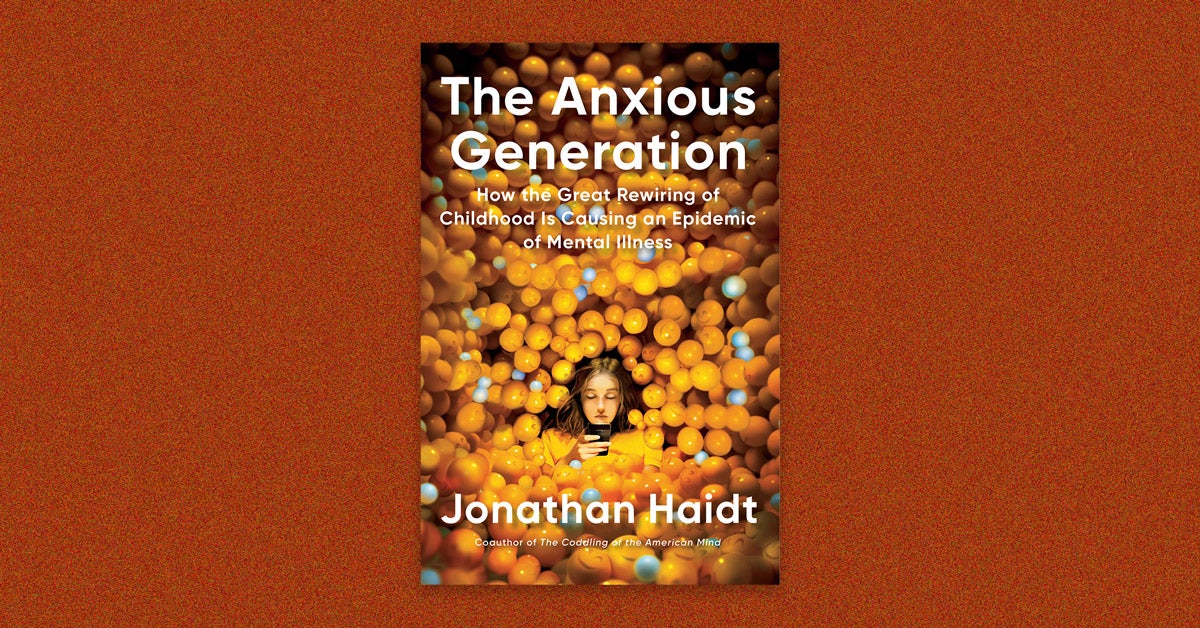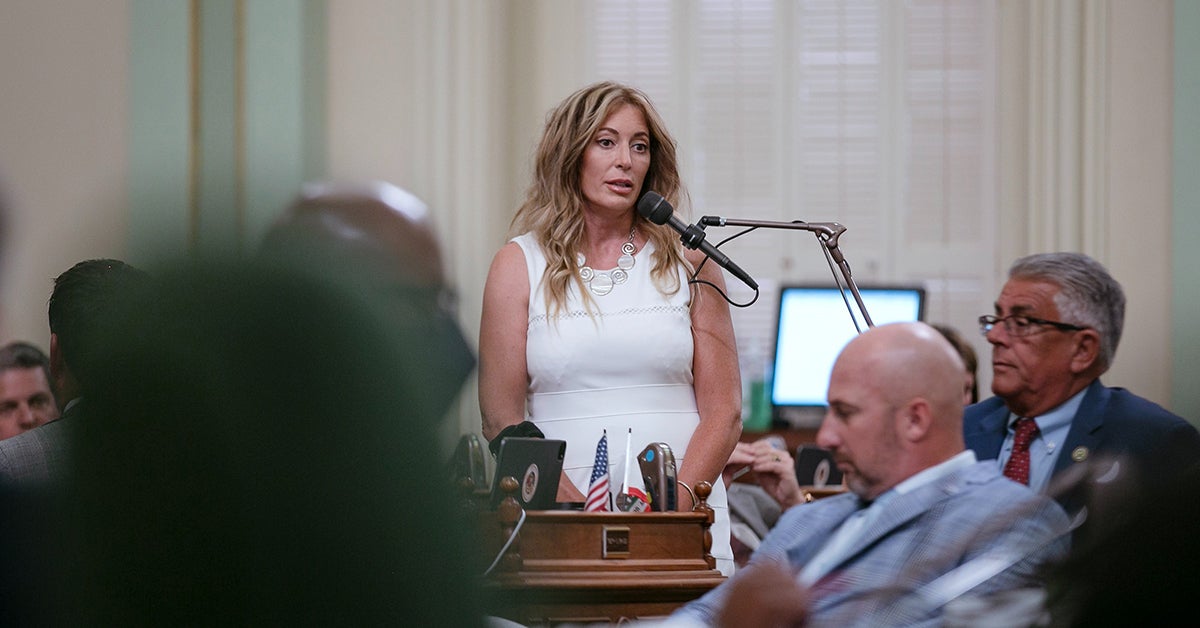Newsletter
HPH Weekly: Why gender-based violence is an important issue for Fatima Bio
This edition of Harvard Public Health Weekly was sent to our subscribers on March 22, 2024. If you don’t already receive the newsletter, subscribe here. To see more past newsletters, visit our archives.
Why gender-based violence is an important issue for Fatima Bio

During Women’s History Month, Sierra Leone First Lady Fatima Maada Bio spoke at The Studio at Harvard T.H. Chan School of Public Health. She also sat down for a Q&A with HPH Managing Editor Jina Moore Ngarambe, who asked Bio why she considers her fight against gender-based violence a personal commitment; why GBV is a public health issue; and who the first lady looks to for inspiration in her activism.
Jonathan Haidt’s case for getting kids off their phones

If you’ve peeked at the headlines at any point in the past decade, you know the news about kids’ mental health is not good. Jonathan Haidt unpacks the connection between social media and mental health in his new book, The Anxious Generation. In her review for HPH, Maura Kelly finds wisdom in Haidt’s observation that parents aren’t paying enough attention to the other “world” their kids occupy: the digital planet where they increasingly spend their time.
How psychedelic drug therapy became a rare bipartisan issue in California

Republican Marie Waldron and Democrat Scott Wiener, both from California, don’t have a lot in common. They managed to find a mutual understanding in support for psychedelic drug therapy, however. Both politicians say they back psychedelic drugs because of their trauma-relieving benefits for people living with mental illness, including veterans with PTSD and depression.
This article was originally published by CalMatters.
What we’re reading this week
- Sierra Leone president: Time to fix broken food systems | Context News
- How Biden could intervene against Israel’s assaults on Gaza’s hospitals | Think Global Health
- North Carolina program provides reentry support for formerly incarcerated people with serious mental illness | North Carolina Health News
- Mental health and young athletes | The Pittsburgh Post-Gazette
- America goes psychedelic, again | Reveal
